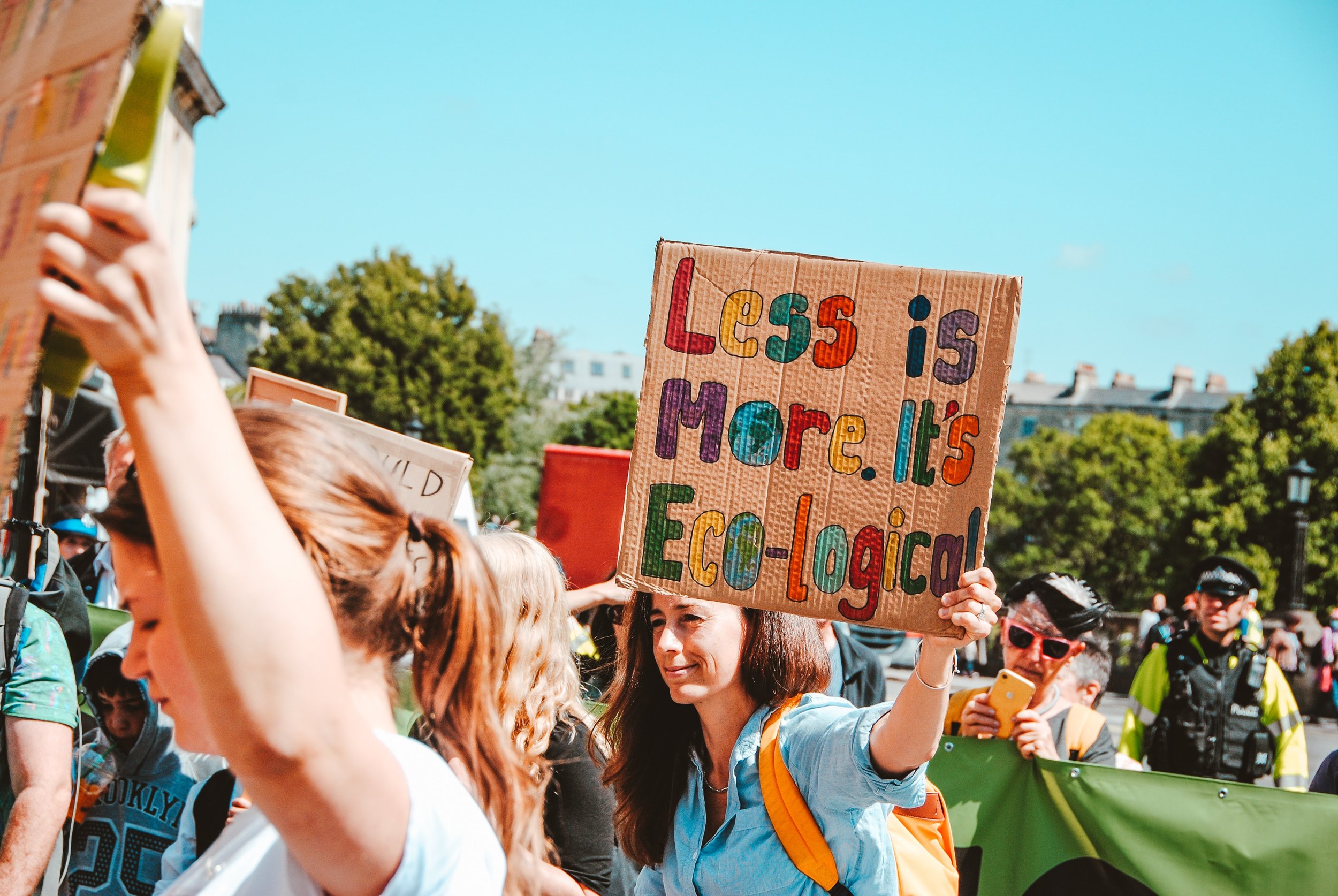
Waste and Consumption
The arts, culture and heritage sectors engage in a direct and lively dialogue with the world of waste. Culture guides the provisioning strategies people use to satisfy human needs and their resulting consumption and production patters. Culture and heritage address some of the non-material dimensions of human well-being like creativity and social participation. Integrated nature-culture approaches highlight linkages between the ecological and social functions of landscapes.
Curators, artists, builders, designers, tradespeople, archaeologists, performers, and additional professions often find reclaimed or reused materials as a source of inspiration, a springboard for innovation, and an essential pillar of a just and equitable approach to climate justice, workforce development, and local prosperity.
The world is currently about 9% circular - meaning we recover less than 10% of what we mine, manufacture, and produce every year. The rest is wasted. As the impacts of climate change and a take-make-waste economic system continue to deplete our world of its resources, it is the responsibility of the arts, culture, and heritage sectors to help fiercely advocate for change. It is our responsibility to help contribute to designing systems that make it easier to choose to reuse materials instead of throwing them away. This involves directly confronting realities, like loss of buildings and their materials, to help forge interdisciplinary partnerships that advance the arts, culture, and heritage towards an overall ethos of resource stewardship at every scale.
The Climate Heritage Network aims to provide policymakers, community leaders, and organizations in the arts, culture, and heritage spaces the resources to understand their contribution to the advancement of the circular economy, and provide strategies to deepen their work within this space.
Cultural Heritage Policy Priorities: Work in parallel to engage with the Waste and Consumption track of the Marrakech Partnership for Global Climate Action (MGPCA) Human Settlements Pathway and the COP27 Presidency SURGe Initiative - Sustainable Urban Resilience for the Next Generation, especially its new Urban Waste / Consumption Working Group. Prioritize the adaptation of a Circular Heritage Toolkit to new regions and international audiences. Engage with circular economy thought leaders worldwide to underscore cultural dimensions and linkages to culture and heritage institutions.
Advancing the integration of culture, from arts to heritage, into circular economy policies and practice at a global scale.
Waste and Consumption Issue Lead
Stephanie Phillips
City of San Antonio Office of Historic Preservation
San Antonio, Texas, USA




